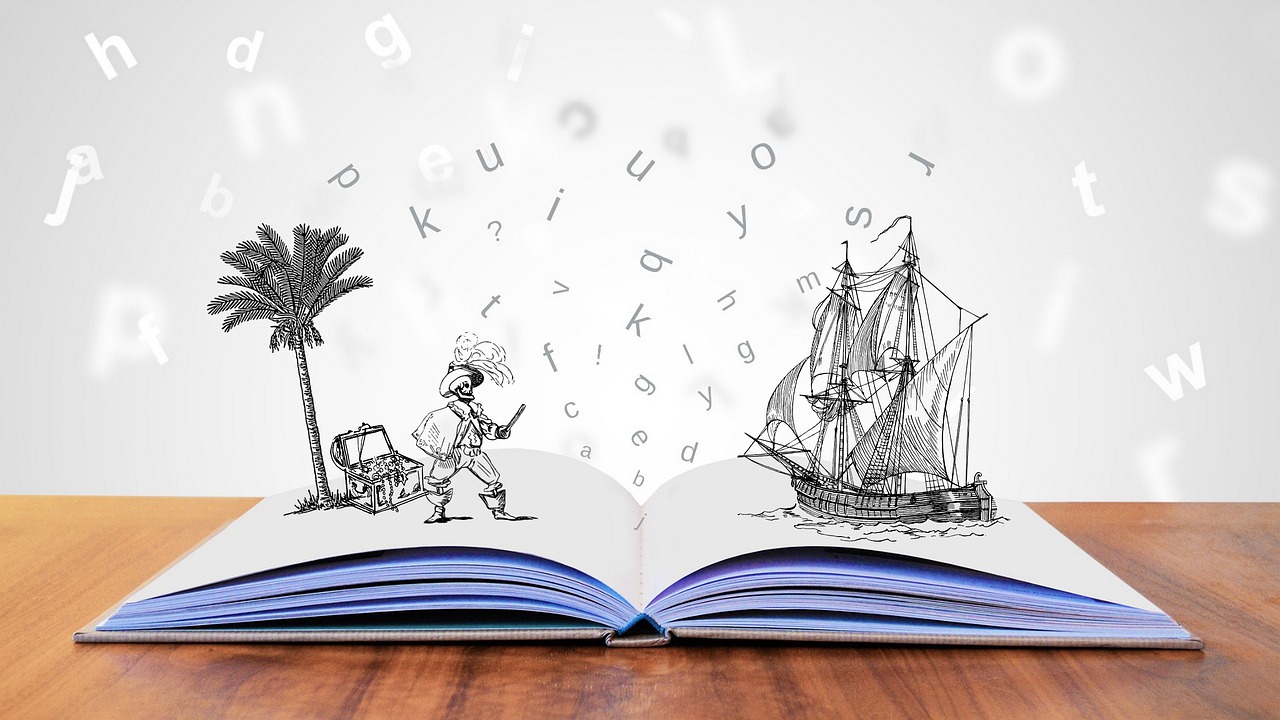

The Importance of Storytelling
In the magical world of early childhood education, storytelling stands as a cornerstone of learning and development. The importance of storytelling in the early years environment cannot be overstated. Stories have the remarkable ability to captivate young minds, stimulate creativity, build language skills, and foster emotional intelligence.
The Magic of Imagination
Storytelling transports children to different worlds, sparking their imagination and curiosity. When a teacher or parent shares a story, children visualize the characters, settings, and events in their minds. This imaginative exercise helps them develop crucial cognitive skills like comprehension, critical thinking, and problem-solving.
Furthermore, storytelling allows children to explore concepts and experiences beyond their immediate environment. Through tales of distant lands, historical events, or fantastical adventures, children can broaden their horizons and develop a sense of empathy for diverse cultures and perspectives.
Building Language Skills
Language acquisition is one of the most significant milestones in early childhood development, and storytelling plays a pivotal role in this process. When children hear stories, they are exposed to rich vocabulary, sentence structures, and contextual meaning. They learn new words, phrases, and the nuances of language naturally, making it an enjoyable and engaging experience.
Storytelling also encourages active listening, an essential skill for effective communication. As children follow the narrative, they must concentrate, process information, and respond appropriately. This enhances their ability to understand and express themselves effectively.
Cultivating Emotional Intelligence
In the early years, children are developing their emotional intelligence, which includes recognizing and managing their own emotions and understanding the emotions of others. Storytelling provides a safe and nurturing space to explore these complex feelings.
Through characters in stories, children can identify with different emotions and learn how to cope with them. For example, a story about a character facing fear, sadness, or frustration can help children understand and process their own emotions. It also teaches empathy as they connect with the characters' experiences and feelings.
Promoting Social Skills
Stories often revolve around relationships, conflicts, and resolutions, which mirror real-life situations. As children engage with these narratives, they begin to grasp the dynamics of human interactions. They learn about kindness, cooperation, empathy, and problem-solving by observing how characters in stories navigate their relationships and challenges.
Furthermore, storytelling encourages group activities, such as listening circles or discussions, where children can share their thoughts, feelings, and interpretations of the story. These interactions foster social skills, cooperation, and a sense of community.
Boosting Confidence and Creativity
When children are encouraged to tell their own stories, it nurtures their self-expression and boosts their confidence. They learn that their ideas and imagination are valuable, fostering a sense of self-worth. Storytelling empowers children to become storytellers, allowing them to create their narratives and share them with peers.
Creativity thrives in storytelling. Whether through drawing, acting, or verbal expression, children are encouraged to explore their creative instincts. This creative freedom not only enhances their storytelling skills but also extends to other areas of learning and problem-solving.
To conclude, the importance of storytelling in the early years environment cannot be overstated. It is a powerful tool that nurtures imagination, language skills, emotional intelligence, and social development. Through the magic of stories, children embark on journeys of learning, self-discovery, and personal growth.
Kit for Kids have a number of resources that can support educators in this area, such as our Interactive Story Tiles. Educators have the privilege and responsibility to harness the potential of storytelling to shape the minds and hearts of the next generation. By weaving the threads of stories into the fabric of early childhood education, we can create a world where young minds flourish and where the power of imagination knows no bounds.